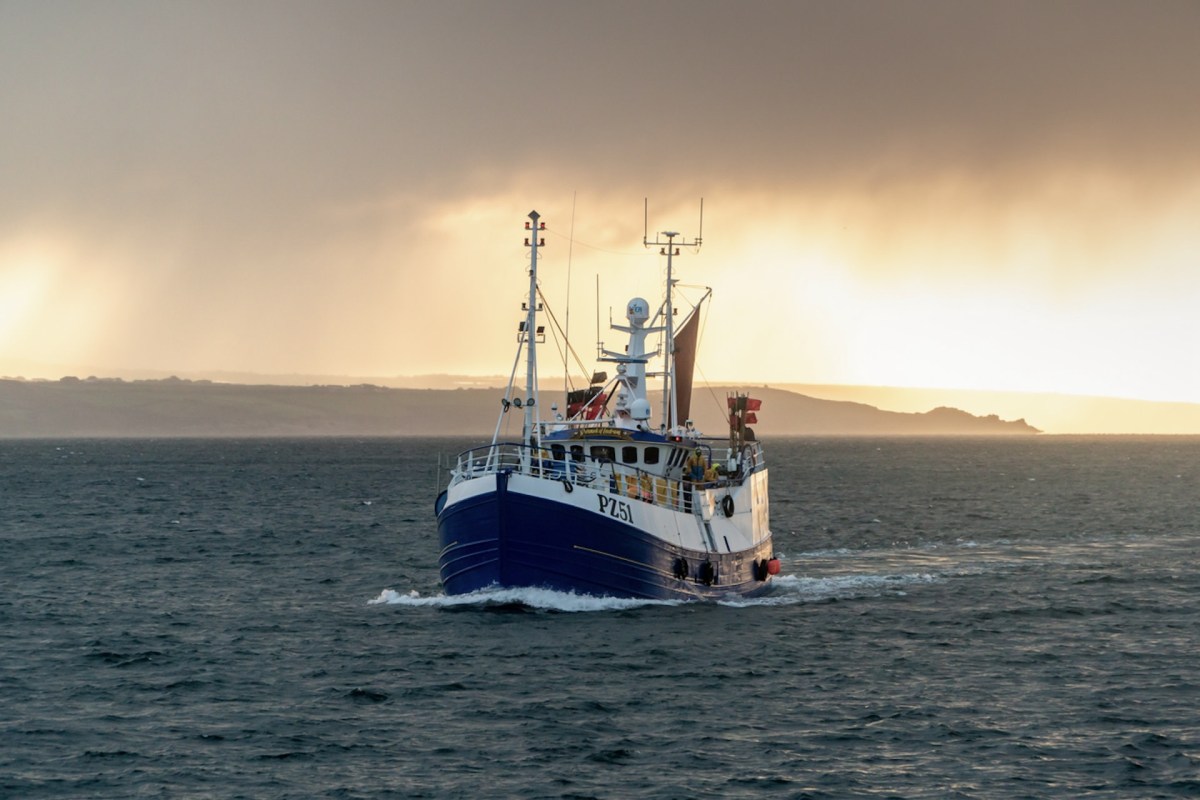After having all but disappeared for decades, bluefin tuna has made a return to British waters in a major way. The massive predatory fish was designated as endangered by the British government but began to return to the area in 2014.
The United Kingdom just finished its first bluefin commercial fishing season in nearly 60 years. But it's not a free-for-all. The fishing of bluefin will be highly regulated going forward, with the goal of maintaining a healthy population.
A recent study showed that regulations don't actually hurt the fishing industry.
The first commercial bluefin season came at the end of a three-year catch-and-release tagging program known as CHART, the purpose of which was to collect data on the fish. The program led to thousands of bluefin tuna being tagged and released, with over 2,800 anglers paying for the opportunity to go out and try to catch one.
"When I was younger, you'd occasionally hear of a bluefin being caught by a commercial fleet. Now, they are here in their thousands. Thousands and thousands," Chris Gill, skipper of a fishing boat in southwestern England, told The Guardian. He added: "I've had a pair of 11-year-old twins out with their dad catching bluefin tuna. They both had a 320-pound fish. I had a 76-year-old with lung cancer come out because it's one of those bucket-list fish."
The effort to maintain a stable bluefin population may need to be expanded to the mackerel, which is one source of food for the bluefin and whose numbers are dwindling because of overfishing despite being regulated.
While the tag-and-release program has been a success, conservationists are urging the government to be mindful when reintroducing bluefin fishing.
Dr. Kenneth Bodles, head of fisheries and aquaculture at the Marine Conservation Society, said, "The success of the [tag-and-release] program shows us that when advice from scientists, recreational anglers, skippers, and conservationists is followed and we treat our seas right, species can stage a remarkable return."
One of the reasons the bluefin was overfished in the first place is because it's highly sought after at high-end restaurants, and its return to the menu at some establishments has come with some controversy. But Michelin-rated chef and restaurateur Mike Robinson believes it can be done the right way.
"The most important thing is that it is not abused," Robinson said. "It's very hard to police. Hopefully, this resource won't be hammered by people outside our control."
Join our free newsletter for cool news and cool tips that make it easy to help yourself while helping the planet.








